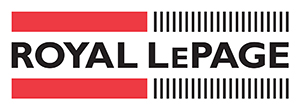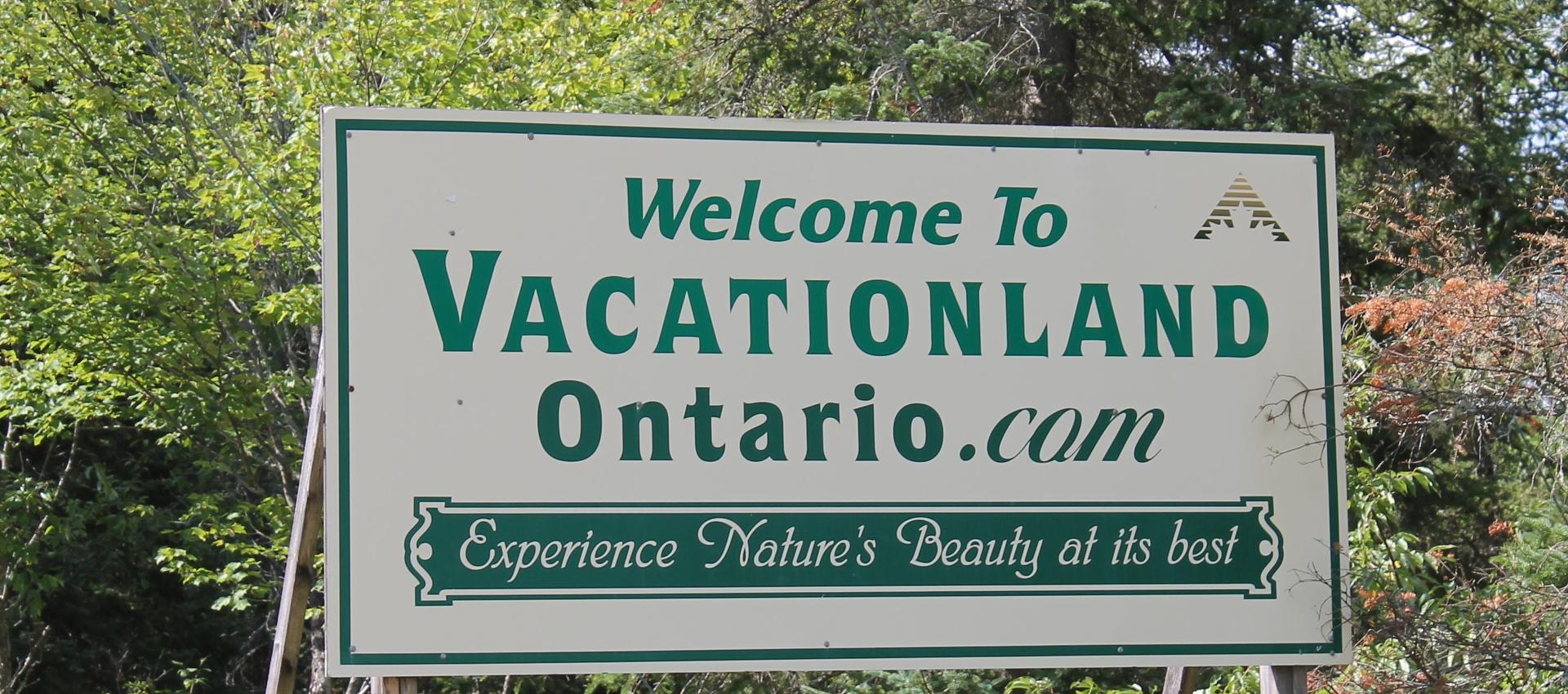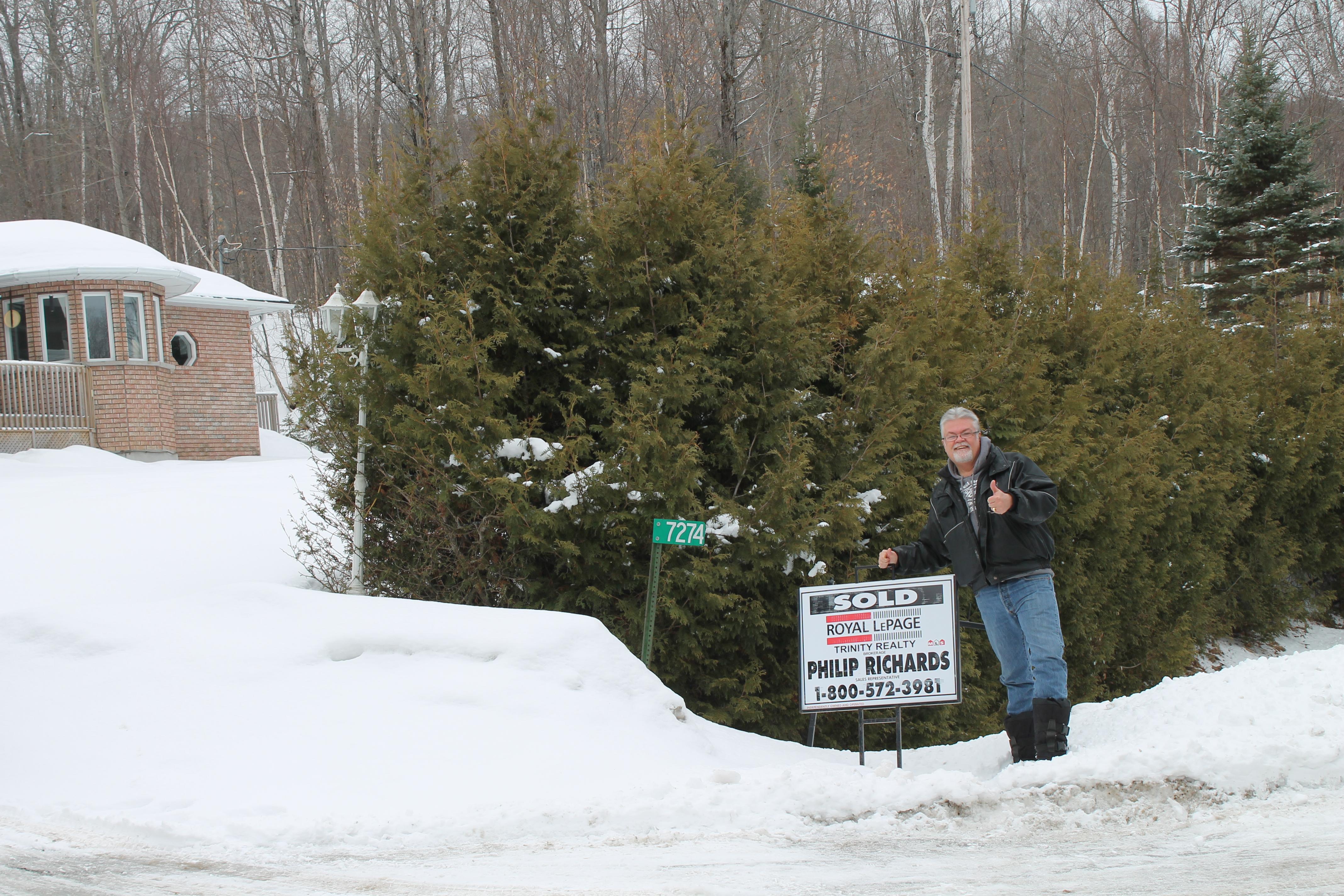For Buyers
Finding the right agent
You want to find the right home, in the right location, at the right price - and you want to do it quickly, with minimum hassle. The best way to do that is to work with a professional realtor who understands your wants and needs, your time frame and your financial boundaries.
Why work with an agent?
- You’ll save time. An agent can pinpoint homes that fit your needs and dismiss those that don’t.
- You benefit from an experienced negotiator. Your agent will manage your offers and counter-offers, ensuring that you get the best possible price for your home.
- You’ll get the right information. Your agent knows the neighbourhood and can give you accurate information on local real estate values, taxes, utility costs, services and amenities.
- You can always count on great advice. Because your agent is familiar with the entire home purchasing process, he or she can advise you of your legal and financial options, and recommend appraisal, home inspection and contracting services.
Choose an agent who understands your needs
Here are a few questions to ask to help you determine if an agent is right for you:
- Will you be representing my interests?
- Do you have access to MLS information?
- Will you provide market evidence to support the price?
- Will you look after closing and possession details?
- Can you be contacted at any time?
Working with an agent
Let your real estate agent do the searching for you. The best buys aren’t in the newspaper ads; most great opportunities are on "hot sheets" that are available every morning to salespeople with access to MLS information.
An agent’s job is to:
- Provide information on the property and the area
- Negotiate a price and terms that are agreeable to both buyer and seller
- Help arrange a source of financing
As a homebuyer, you must work with your agent to find the home that’s right for you. Communication is key - tell your agent what you want, and be specific.
- Offer a detailed description of your property needs and wants. If you will absolutely not consider a house without a hardwood floor, say so. And if air conditioning is a "nice to have" rather than a "must have," communicate that, too.
- Be specific about where you want to live. If you refuse to live outside a certain area, it might take longer to find you a home, but your agent will know not to waste your time with anything not in your chosen neighbourhood.
- Tell your agent what you can afford. He or she can help you get a pre-approved mortgage so you know for sure what your price range will be.
- Communicate your likes and dislikes for each property you see. It will help your agent narrow down the possibilities.
- Commit to one salesperson.
- Respect and perform the terms of the purchase agreement.
- Keep an open mind. Agents know about those charming little areas that you’ve never even heard of. You might find your dream home in a completely unexpected place.
The elements of an offer
Here’s a quick reference to everything you need to know about making an on offer on a property.
1. Price
Depends on the market and the buyers, but generally, the price offered is different from the asking price.
2. Deposit
Shows the buyer’s good faith and will be applied against the purchase price of the home when the sale closes. Your agent can advise you on a suitable amount to offer.
3. Terms
Includes the total price the buyer is offering as well as the financing details. The buyer may be arranging his/her own financing or may ask to assume your existing mortgage if you have an attractive rate.
4. Conditions
These might include "subject to home inspection," "subject to the buyer obtaining financing," or "subject to the sale of the purchaser’s property."
5. Inclusions and exclusions
These may include appliances and certain fixtures or decorative items, such as window coverings or light fixtures.
6. Closing or possession date
Generally, the day the title of the property is transferred to the buyer and funds are received by the seller, unless otherwise specified (except in Manitoba and Quebec).
Qualifying for a mortgage
Your Royal LePage agent can arrange to have you pre-qualified for a mortgage before you start shopping for a home. It’s easy, and you’ll avoid possible disappointments down the road if you fall in love with a place, then find out you can’t afford it. Plus, once you do find the perfect home, it will mean you can make an offer immediately.
Here’s how mortgage approval works: the amount of money you qualify for, plus the amount of cash you can put down equals the amount you can afford to spend on a home. Most lending institutions won’t allow more than about 30% of your income to support a mortgage. If you have other debts, they usually won’t allow your debts and your mortgage to exceed 40% of your income.
Finalizing your mortgage
Once you’ve found the home you want to buy, you’ll need to finalize your financing. You’ll need to provide your lender with the following documents:
1. A copy of the real estate listing of the property. If the home is still to be built, the mortgage lender will need to see the architect’s or builder’s plans and details on lot size and location.
2. A copy of the offer to purchase or the building contract, if this document has been prepared.
3. Documents to confirm employment, income and source of pre-approval.
4. If you have a pre-approved mortgage, it’s a simple matter of finalizing a few details with your mortgage specialist.
Choosing a neighbourhood
You’re not just buying a home - you’re buying a location. And even the most perfect house won’t feel right if you’re in the wrong neighbourhood. Educate yourself about the area so you’ll choose wisely - and end up being happy with your decision.
- Are you close to shopping and recreation? Being close to stores, parks, recreational facilities, a post office and dry cleaners will save you time.
- Do people in the area take care of their homes? Explore the neighbourhood, keeping an eye out for signs of neglect (overgrown lawns, houses in need of paint, trash and junked appliances littering yards). A run-down neighbourhood can drive down your property value.
- Are there schools nearby? If you have children, the proximity and quality of schools is key. Some schools will provide data (i.e. average test scores) that can determine quality. Talking to neighbours with children can be helpful, too.
- Is there good access to transportation? Living near public transport and/or major highways can mean an easier commute to work.
- Is it safe? Check with the local police department - they may be able to provide statistics about break-ins or other crimes.
- Will the home increase in value over time? Homes in some neighbourhoods appreciate faster than others. Research the selling prices of homes in over the past decade or so to predict future trends. Your agent may be able to provide helpful data.
- Is it quiet? Listen for traffic noise, barking dogs, airplanes and any other noises that might bother you. Return to the neighbourhood at different times of the day to get an accurate impression.
Protect yourself with a home inspection
That gorgeous house on the corner lot may look great, but it could be hiding all sorts of expensive, annoying problems, from a leaky roof to faulty wiring to a mouldy basement.
Make sure your home is solid and secure inside and out before you buy it. A home inspector will determine structural and mechanical soundness, identify problem areas, provide cost estimates for any work required, and generate a report. It’s a great way to avoid headaches and costly problems that can turn a dream home into a money pit.
If you decide to go ahead and buy a home with issues that have been flagged by your inspector, you can base your offer on how much potential repairs and upgrades may cost.
Home inspection costs range according to size, age and location of the home. Your Royal LePage sales representative can recommend a reputable home inspection service or arrange for an inspector to visit your property.
Options for empty nesters and retirees
The kids have grown and retirement is just around the corner. You’ve decided it’s time to move to a smaller home with lower costs and less maintenance.
Figure out what you need
You have a number of decisions to make before you start looking for your new home:
- Do you want to stay in the same neighbourhood? If not, remember that moving away means you may have to build a new network of acquaintances, find a new doctor, get to know a new area, etc.
- If you decide to move out of your neighbourhood, where would you like to go? A better neighbourhood within the city? A community outside a major center? Someplace closer to your kids? Somewhere warm?
- What type of property would suit your lifestyle? Is it a condo that needs no upkeep or a bungalow that would still allow you to garden?
Condos - less work, more rules
Short on maintenance and long on amenities, the condominium lifestyle is a favourite of empty nesters and retirees. Condominium apartments and townhomes are available in almost every neighbourhood and price range. Many offer pools, tennis courts and fitness areas - some even include golf courses. It’s an easy, hassle-free arrangement.
However, owning a condo means you’re governed by the rules and regulations established by the condominium board. Generally, these rules are necessary to ensure the enjoyment, safety and cleanliness of the building; when you’re doing your research, you may want to find out about the condo bylaws, especially if you have a pet.
Bungalows - small homes with big rewards
Bungalows offer the best of both worlds - a detached house and a yard, with less space to take care of. It’s a great way of preparing for the future, since living with fewer stairs makes it easier to get around should you slow down a little.
Retirement communities - a neighbourhood of friends
Adult lifestyle communities offer smaller homes, amenities often associated with condo living, and the opportunity to live with like-minded people. They tend to be resort-like in nature, and are built in rural areas that are close to large urban centres. Units range from apartments to detached homes. The focal point is the clubhouse, where you’ll likely find fitness facilities, tennis courts, games rooms and swimming pools. Some areas also feature golf courses.
If you’re not sure what option is best for you, please contact me. I’d be happy to talk to you about the possibilities that are available to you.
Understanding land transfer taxes
If you’re buying a home in a large Canadian centre, you’ll need to add land transfer taxes to your list of closing costs.
Unless you live in Alberta, Saskatchewan, or rural Nova Scotia, land transfer taxes (or property purchase tax) are a part of the homebuying process. These taxes, levied on properties that are changing hands, are the responsibility of the purchaser. Depending on where you live, taxes can range from 0.5% to 2% of the total value of the property.
Many provinces have multi-tiered taxation systems that can seem complicated. If you purchase a property for $260,000 in Ontario, for example, 0.5% is charged on the first $55,000, 1% is charged on $55,000 to $250,000, while the $250,000 - $400,000 range is taxed at 1.5%. Your total tax bill? $2,375.00.
Land transfer taxes by province
British Columbia
Up to $200,000 X 1% of total property value
From $200,000 up X 2% of total property value
Manitoba
Up to $30,000 N/A
From $30,000 to $90,000 X 0.5% of total property value
From $90,000 to $150,000 X 1% of total property value
From $150,000 up X 1.5% of total property value
Ontario
Up to $55,000 X 0.5% of total property value
From $55,000 to $250,000 X 1% of total property value
From $250,000 to $400,000 X 1.5% of total property value
From $400,000 up X 2% of total property value
Quebec
Up to $50,000 X 0.5% of total property value
From $50,000 to $250,000 X 1% of total property value
From $250,000 up X 1.5% of total property value
Noval Scotia
Halifax Metro
1.5% on total property value
Outside Halifax County
Check with local municipality
Understanding market conditions
The real estate market is always changing, and it helps to understand how market conditions can affect your position as a buyer. Your agent can provide you with info on current conditions and explain their impact on you.
Buyers’ market
The supply of homes on the market exceeds demand.
Characteristics
- High inventory of homes
- Few buyers compared to availability
- Homes on the market longer
- Prices tend to drop
Implications
- More time to look for a home
- More negotiating leverage
Sellers’ market
The number of buyers wanting homes exceeds the supply of homes on the market.
Characteristics
- Smaller inventory of homes
- Many buyers
- Homes sell quickly
- Prices usually increase
Implications
- May have to pay more
- Must make decisions quickly
- Conditional offers may be rejected
Balanced market
The number of homes on the market is equal to the number of buyers.
Characteristics
- Sellers accept reasonable offers
- Homes sell within an acceptable time period
- Prices generally stable
Implications
- More relaxed atmosphere
- Reasonable number of homes to choose from
Types of home ownership
What type of home is right for you?
There are three categories of home ownership: freehold, condominium and cooperative. Each has its benefits and drawbacks - speak to your Royal LePage agent to figure out which type will work best for your needs and your lifestyle.
Freehold
Freehold homes offer two significant benefits: freedom of choice and privacy. Since you own the structure and grounds, you’re free to decorate and renovate whenever and whatever you want. However, all maintenance (indoors and out) is your responsibility - be prepared to spend time and money taking care of your home.
Condominiums
Condominiums are typically less expensive to own than a detached house. With a condo, you own (and are responsible for) the interior of your unit. Upkeep of the building and grounds is handled by the condominium association, which is funded by monthly fees collected from tenants. The down side? Condo residents enjoy less privacy than residents of detached homes, and often have to adhere to strict rules regarding noise, use of common areas, renovations, etc.
Cooperatives
Co-ops are like condominiums, except instead of owning your unit, you own a percentage of shares in the entire building. One drawback to living in a cooperative is that if you decide to sell your shares and move out, the co-op board has the right to reject your prospective buyer.






